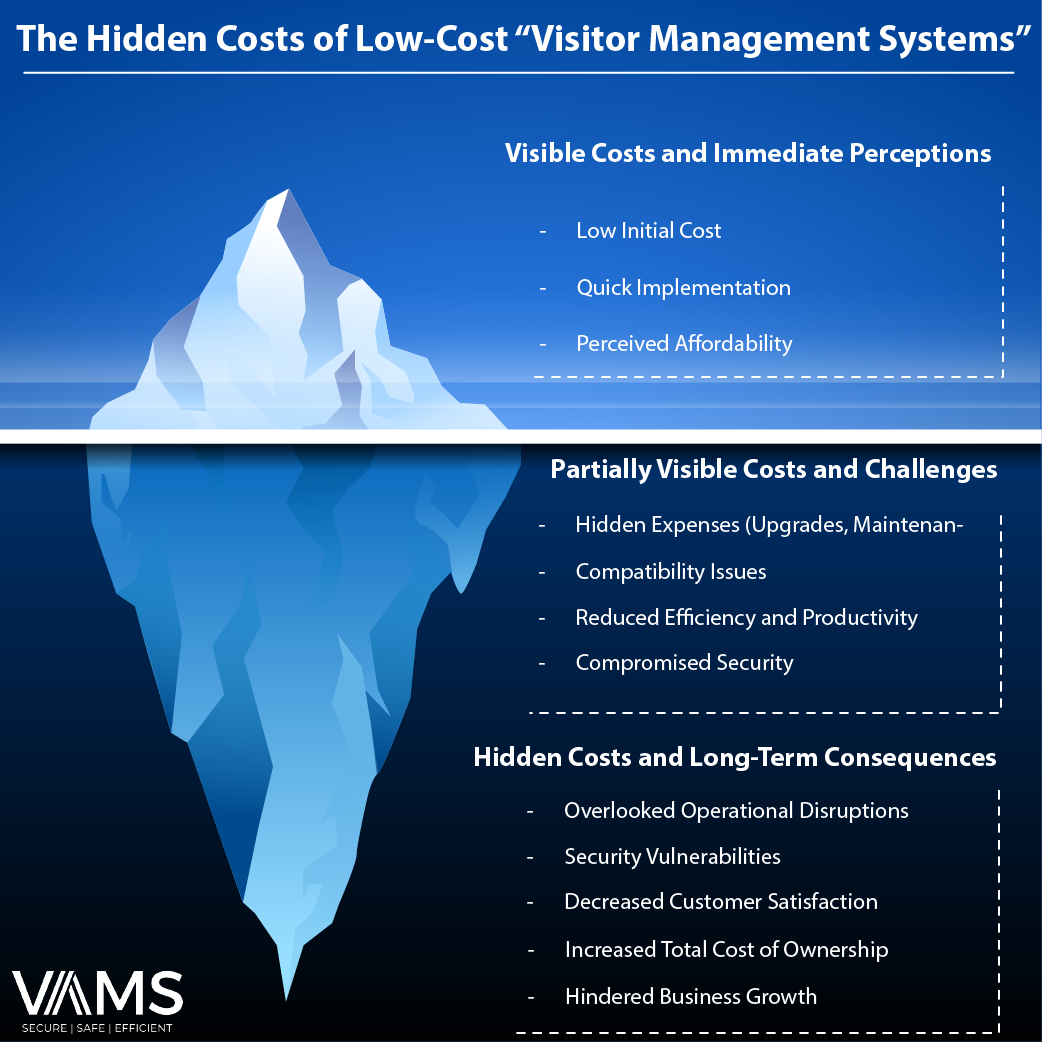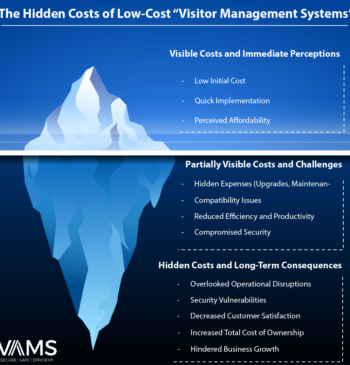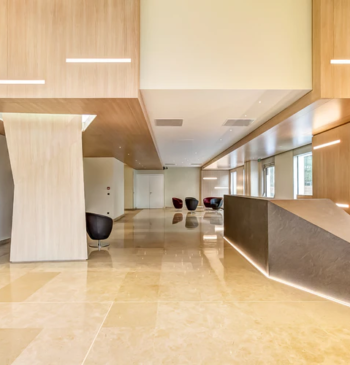19 Apr


Uncertainty is a given.
It has been two years since we first heard about the COVID-19 coronavirus.
In the ensuing time, we have learnt a lot of lessons about the chaotic nature of the world. Not only in private companies and their glassed office buildings, but even in the upper levels of national administration, governments seemed clueless about how to manage the pandemic.
However, in the process of several errors while tackling this global event, we stumbled upon hidden wisdom. In this post, we describe 3 management insights we have gleaned from the panic.
Lesson 1: Communication Relies on Care
Right from the moment the pandemic originated in Wuhan, China, there was a lack of communication from the appropriate authorities.
Early knowledge of the coronavirus among governmental heads, health authorities, pharmaceutical companies, and hospitals could have mitigated the intensity of the outbreaks. Instead, the initial phase of the pandemic was relatively unchecked due to Chinese secrecy, and the load exerted on the healthcare system was severely damaging.
What can managers learn from this?
- Just as citizens with their governments, employees want to be respected when it comes to their employers and managers relaying important information to them.
- They don’t want to be kept in the dark. Because that disrespects who they are to the organization; it sends the message that they don’t deserve the relevant information.
To show that they care, managers can ask each other several important questions about the way they communicate:
- What information do employees require and urge?
- What information do we have or could we share to improve transparency?
- What information would encourage employees to become more involved?
Some of the answers will vary per the organization’s SOPs and the industry, but there are some common answers, such as the heightened standard of safety and security as employees come back to office.
This can be expressed in the adoption of access control and visitor management systems. For example, if you adopt a visitor management system that helps managers and receptionists manage office appointments remotely and creates a platform from which they can create emergency alerts for situations like a contagious illness, then you have an extra layer to communicate with the workforce.
Instant, digital communication over safe modes show that you care.
Lesson 2: Trust is a Two-Way Street
The pandemic created a unique situation. Several nations felt a greater trust in their governments (New Zealand, Taiwan), while other citizens, such as in the U.S., the U.K., China, and India, felt trust in their governments fall to an all-time low.
Why the latter case?
Because of the miscommunication, suppression of information, and carelessness around the medical nuances of the pandemic—especially the insistence on herd immunity. More importantly, the government’s lack of trust in the populace’s ability to handle a difficult situation got mirrored back: the populace also developed a distrust of their government.
What can managers learn from this?
- To earn the trust of their workforce, managers need to practice a high standard of employee care, updating their physical health, mental health, and safety.
- From a counter-intuitive perspective, to earn the trust of your employees, you also need to put trust in your employees.
- If you don’t trust them to work to the best of their ability and handle day-to-day processes, you stifle their creativity and create a situation where they can’t fully be themselves.
Questions that could improve mutual trust with employees:
- What stands in the way of trust between management and employees?
- What would we do differently if we trusted the vast majority of employees?
- What personal behavior can we exhibit to help build even more trust?
Employees prefer a measure of freedom over their own workflows. When organizations give their employees this freedom, they show confidence. One way of this is through the use of the hybrid work mode—allowing family-invested employees more time at home.
Another way that organizations can improve the standard of trust in an office is to screen the visitors’ health and vaccination status so that everyone can trust each other. In this way, everyone knows the office’s health status. A visitor management system is capable of handling hybrid work schedules as well as deploying health screen questionnaires.
Lesson 3: Personalized Empathy
The last and most important piece of the management puzzle is care—personalized care for each individual involved.
If the workforce is suffering a bad situation, you would want to reach out to them at a personal level, to make sure they are okay.
A “one size fits all” approach that adheres too closely to a protocol won’t work because it can be dehumanizing in certain situations. For example, if a new mother needs a 3-day work-from-home situation or a freelancer needs 1 fixed day in the week to visit the office, then your approach should be different for both employees. You need to listen to their stories and show trust in their dedication and ability, giving them benefits accordingly.
Questions that could show your care for the employees:
- To what degree are employees adversely influenced by a particular situation?
- What knowledge do they have that will be useful in this situation?
- Have we made certain topics off-limits for employee engagement? If this is the case, what assumptions are enforcing the taboo?
If you work in management, remember that your role is to be your company’s conscience at all times. Take the initiative and challenge your own organization to act in accordance with empathetic values.
When employees want to discuss an unsavory situation, take the time to understand it from each of their perspectives. As the communication increases, you might develop protocols on how to delegate remote work, deploy emergency communication procedures, propagate business continuity, prevent the spread of infectious diseases, and adopt new technologies.
With a visitor management system, you show your workforce that you care, by creating a situation that uses technology of the moment to present a safer future! In an era of growing international distrust, we must work to strengthen mutual cooperation. We need to understand how to quickly incorporate evidence into technological policy, as well as how people react to such large, complex events.
If we can alleviate suffering in the future, it will not compensate for all of the loss and hardship we have experienced in the last two years. But at the very least, we can say that we did our best to learn from it, and let that be the only positive legacy of all of this.

Related Post
Subscribe to our Newsletter
HEAD OFFICE
VAMS Safeguard Pvt. Ltd.
+91 22-4170-7575 [email protected]C-209/210, Mittal Commercia Premises Co. Op. Soc. Ltd., Near Mittal Estate, Andheri East, Mumbai – 400059
HEAD OFFICE
Suite 1902, 1212, Avenue Of the Americas, New York, NY 10036
© 2025 by VAMS GLOBAL.






